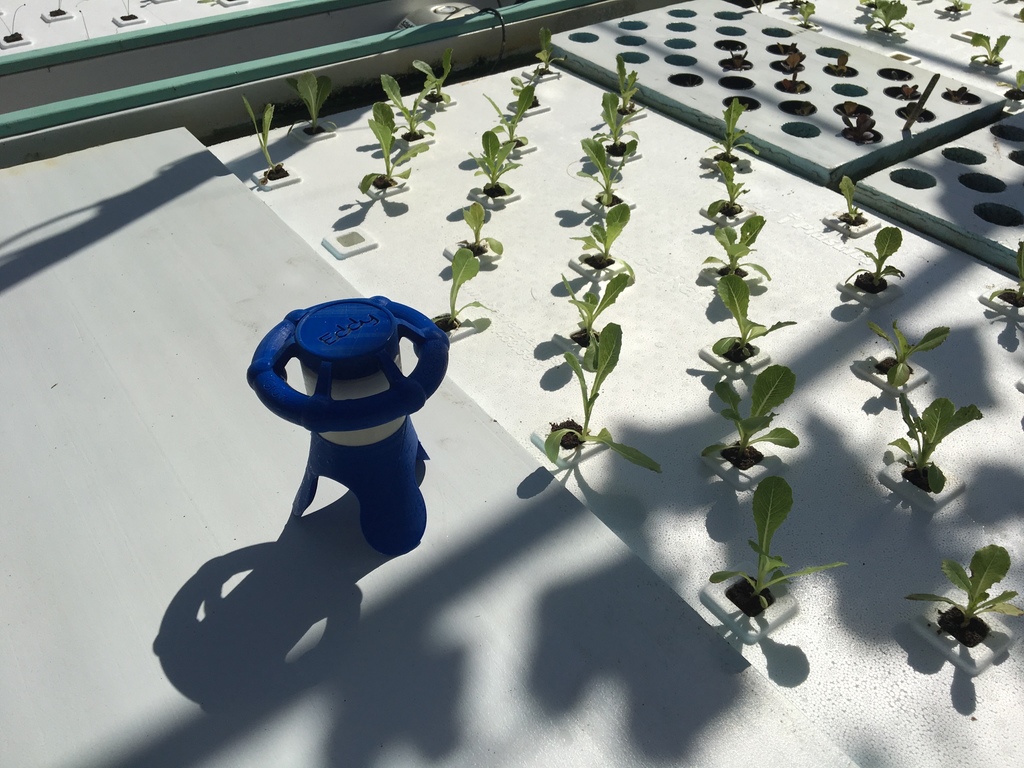
flux has developed Eddy, a massive innovation for home growing, vertical farming, and indoor agriculture.
Food Tech, on the surface of things, sounds like something you might not want to bite into, especially if you practice permaculture and organic gardening. But dig deeper as guests from Israel and France learned last week in Jaffa during the So French, So Food week, which hosted 20 top French chefs visiting Israel.
They came looking for mouth watering startups and the Israelis did not disappoint. The FoodTech Pitch TLV pitch night, ‘Where Gastronomy Meets Technology’ – was a highlight of the week-long event. The premise of the FoodTech event was to show how startup nation technology answers the need for food and organizer Yossi Dan did an excellent job.
Beyond the wine and cheese, the event featured interesting technologies that produce, store, deliver, share and help us eat our food. Israel has come far since its early days when it innovated foods like ptitim or Israeli couscous, actually just round beads of pasta, to fulfil the food desires of its North African new immigrants. But food innovation and Israel as a predominantly Jewish nation collecting Jewish food traditions from far and wide makes sense. The latest frontier from Israel is vertical farming where companies like flux are transforming the way we grow food using hydroponics. The Dallas based company has started piloting its technology and expects to start sales by the end of 2016.
I am not sold on all the sustainability credentials of the startups I saw at the event. But the it proved that creativity has its place in food technologies, and that the term Food Tech can be stretched far.
10 food tech startups from Israel
The event collected 10 startups featured below (plus I added in mine so you can know more about flux), but there were others in the audience who’d come to check out this new buzzword and industry forming in Israel. And it’s not just a West Coast trend: something is brewing in Israel – from the new Alpha Strauss food tech incubator to the forming Food Lab Capital that plans to invest in food technologies.
1. BitBite
BitBite has developed a small device that sits in your ear and monitors the way you crunch your food. According to the CEO there is a lot to be learned from the way you chew your food – was Mom always right? The device can eventually learn what you are eating (organic chicken salad, Doritos?) and can help guide you through more “sound” ways to chew (masticating abundantly is better for your health apparently) and even offer ways in which you can improve your diet.
Guess you’ll be pulling this sound plug out when sneak eating chocolate at night. Not sure about this idea providing real value but judging by how many people diet in this world, it just might. BitBite website
2. Valiber
Valiber’s CEO has developed a device (with his father who sat beside me, who built the prototype, see below) of a stick that monitors sweetness in food. Based on some sensor that measures electric conductivity Valiber can tell how sweet a liquid is from a scale that the company has invented.
Eventually the company also wants to be the taste tester for bitterness and sour and other qualities that we’re only able to describe subjectivity. They’ve developed a new scale to measure sweetness and believe that people will care beyond calorie count to just how sweet that juice or cola really is. I think it could work. Valiber website
3. Woosh
Woosh is creating filtered and chilled water stations in cities. They are banking on the fact that people who are buying bottles of water feel incredibly guilty for doing it. So instead these same people are going to carry around a refillable water bottle and buy their water for a fraction of the cost of buying bottled water. The best scenario where I see this working is in cities where it’s really impossible to drink tap water, in countries like Thailand or Brazil. Organizations like Unicef could subsidize the costs and locals and tourists can get a good cold drink.
My main problem with this company which I have covered more positivity in the past is that clean water really should be a basic right for all people everywhere. Charging a fee for it to end users sounds problematic. But then again who hasn’t bought bottled water for $5 from Evian or fizzy water from San Pelegrino? I am guilty and I bet you are too. Woosh, can you add little bubbles? Woosh website
4. EatWith
EatWith makes me smile. See our previous feature on EatWith. I love the idea of connecting people through food. It’s an app and website that lets hosts offer meals in any kind of scenario (The Cook, the Thief, His Wife and Her Lover?) so that people from any kind of scenario can share it.
The company has a rigorous scanning process which tends to keep the riffraff out and the value-adders in. If I were on the jury, I would have chosen EatWith. Eatwith website here
5. Yummi
While EatWith was the first to make me aware of the social economy on your table, Yummi is the next generation. It’s a younger company that will connect you to local food so that other people can prepare home cooked food for you. A marketplace of home cooked food, Yummi is a pretty good idea but not in its innovativeness but in its need. When I was pregnant I was dying to buy home-cooked food but the process required me to make too many phone calls and to have more personal connections to the food cookers than I was willing or able to have. Easier just to cook myself.
Yummi might be the better broker. Or there may be good reason why home cooked food, made with love, is staying in the realm of the rare. Yummi website
6. Pimi Agro
 Pimi Agro has developed a post-harvest chemical solution to nasty fungicides. The process is based on hydrogen peroxide which the company claims is relatively inert and which coats fresh food to prolong its shelf life.
Pimi Agro has developed a post-harvest chemical solution to nasty fungicides. The process is based on hydrogen peroxide which the company claims is relatively inert and which coats fresh food to prolong its shelf life.
I have taken an MBA class on developing solutions for the developing world and have learned the stark truth: most of the food produced in developing countries (about 70% of it) spoils before it reaches anyone’s table. Pimi Agro to the rescue? PIMI AGRO website
7. IntoEat
Intoeat is a young company developing an app to connect people to discount food sources. Also for those into food porn.
Want some home cooking or a discount supper at the nearby pub?
This app lets restaurants offer deals and pictures of what’s being served so you can connect to it and eat it now.
Available on the app store.
8. Innobev
Innobev is developing a drink to help you can the caffeine addiction. Is too much caffeine a bad thing when you want to wake up in the afternoon? The company has developed a drink, without the caffeinated high, based on proven research and herbs to help you wake up from the afternoon slump more healthfully. The company is installing itself in workplace hangouts like the lunchroom. For a brief period in my life when it was inappropriate to take a nap at work I wished I’d had something like this. Or do like the Chinese: roll out a little mat and take a few winks when the need arises, with an Innobev by your side. InnoBev website
9. Protyplus
Protyplus is developing a way to turn meat protein into a melt in your mouth snack. Most Green Prophet’s will gag at the thought of melt in your mouth meat but let’s keep an open mind: there is a need and market for freeze packaged products especially for long-distance hikers or people in emergency situations.
The jury down below seemed to get excited over the samples the company was offering so maybe ProtyPlus is onto something. It looks like it based on novel academic research.
10. GreenOnyx
GreenOnyx was the jury’s favourite. The company is a husband and wife team who are taking a small Asian water-based plant, putting its seeds into a coffee-like pod, and building a machine around it so people can grow up to two pounds of the plants per day at home. That’s for the home unit. The small plant, a type of edible duckweed, is being touted as the next superfood and is called Khai-Nam or water eggs. It’s also known as Wolffia globosa or water meal and is packed with more protein than soy. It is a staple diet in Asian countries like Thailand where it is scooped off water after the rains. The stuff just grows like a weed but it can be toxic if not farmed correctly. Presumably GreenOryx has the problem solved.
The company has an FDA seal of approval to sell its product in the US, but the plant is an invasive species so I hope that the US Department of Agriculture is also consulted. A quick look online and I see that this edible duckweed is already found in California, Illinois, Kentucky, Tennessee and Florida. But this blogger warns about checking your state first before growing it.
All in all I love the idea as a novelty (we are all about fresh food, made locally and sustainably after all – and on water!) but again the whole pods concept needs to be solved so they are not throw away. One challenge in growing duckweed outdoors is bacterial contamination which the couple seems to have solved by providing a tool to cultivate it hydroponically indoors. There is a restaurant and industrial version being planned. Website here GreenOnyx.




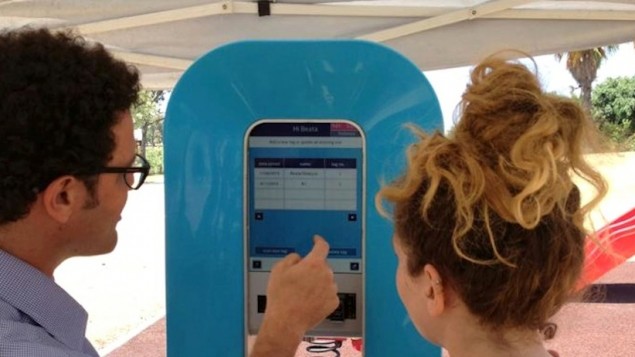


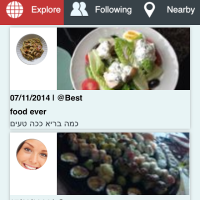
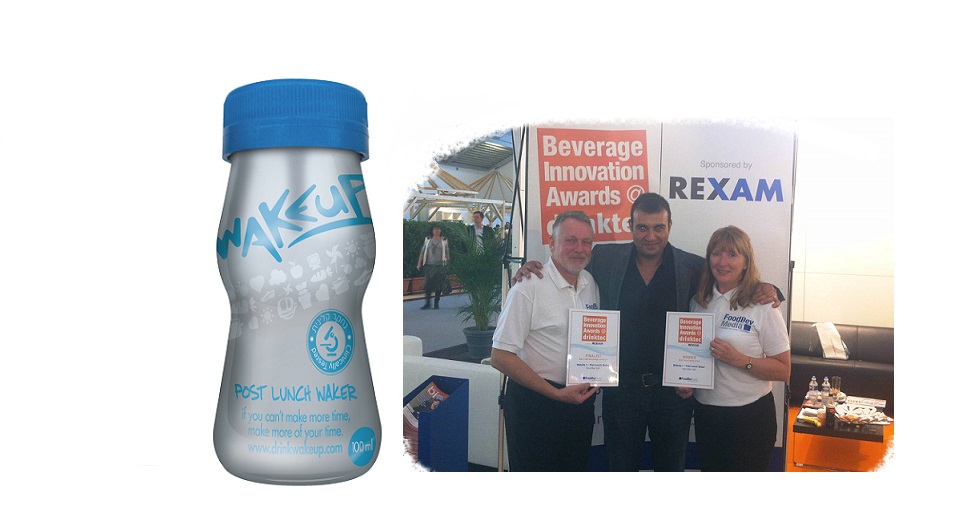
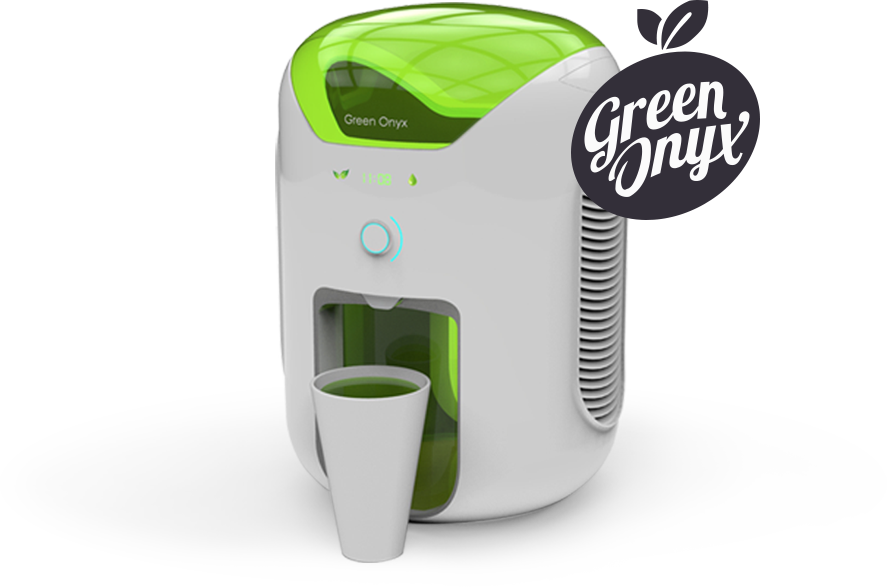

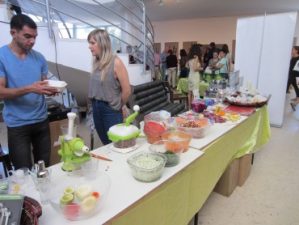

One thought on “10 Food Tech startups worth putting on your plate”
Comments are closed.